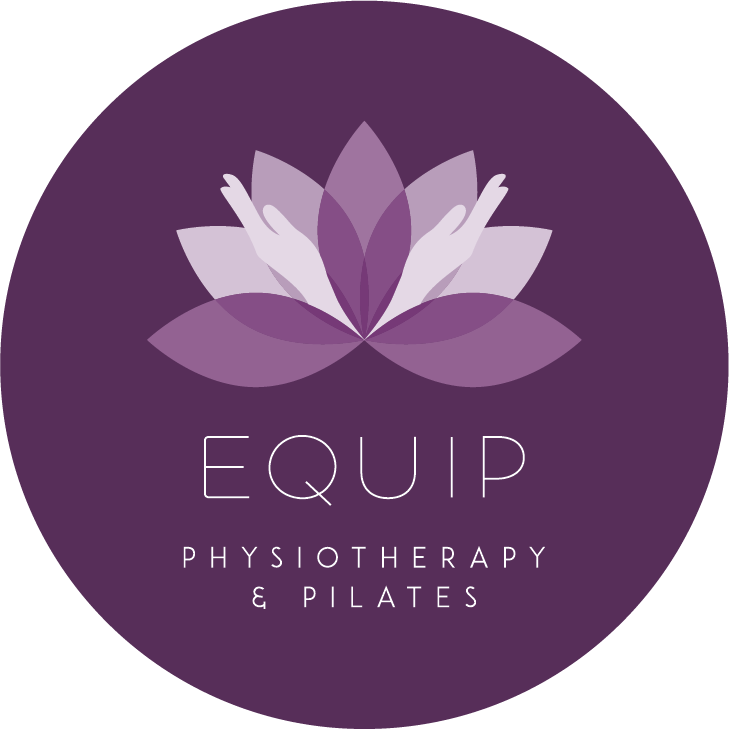Welcome to the
Equip Blog

By Caitlyn Smith
•
August 4, 2025
Pelvic Girdle Pain (PGP) is a common condition characterised by pain in the joints of the pelvis, which is especially prevalent during pregnancy. This discomfort can significantly impact daily activities and quality of life. As physiotherapists, we specialise in understanding and treating musculoskeletal conditions like PGP, helping individuals regain function and reduce pain. Understanding the Pelvic Girdle The pelvic girdle is a ring of bones connecting the spine to the lower limbs. It comprises three main joints: Sacroiliac Joints (SIJ): Two joints located at the back of the pelvis, where the sacrum meets the ilium. Pubic Symphysis: The joint at the front of the pelvis, where the two pubic bones meet. Coccyx: The tailbone, located at the very bottom of the spine. Pain in any of these areas can contribute to PGP.
By Shannyn McGrice
•
June 5, 2025
Achilles tendon pain can be frustrating—especially when it’s affecting your ability to train, play, or just get around comfortably. Whether you’re in the middle of your sport season or taking time off to recover, understanding how to manage your tendon health is key.
By Matthew Long
•
May 1, 2025
If you’ve ever felt sudden dizziness or a spinning sensation, you’re not alone. Two of the most common causes of vertigo are Vestibular Neuritis and Benign Paroxysmal Positional Vertigo (BPPV) . While they both affect balance and can be unsettling, they have different causes, symptoms, and treatments. Understanding the differences can help you seek the right care and manage your symptoms effectively.
By Caitlyn Alexander
•
March 13, 2025
Corticosteroid injections (CSIs) are a widely used treatment option for a variety of musculoskeletal conditions, particularly when inflammation and pain are involved. These injections provide relief in cases where other treatments have been less effective, but they come with a set of potential risks and side effects that patients should be aware of before opting for this intervention. In this blog post, we’ll break down what corticosteroid injections are, how they work, their uses, risks, and the guidelines for their safe application.
By Christine Alano
•
November 7, 2024
Last month, we celebrated World Physiotherapy Day, a global event that emphasizes the importance of physiotherapy in managing common conditions such as lower back pain (LBP). LBP affects millions worldwide, impacting physical health, mental well-being, and quality of life. Physiotherapists used that day to raise awareness about effective treatments and encourage early intervention and preventive strategies. Research shows that up to 70% of people who experience back pain will face a recurrence within a year, adding to personal, economic, and healthcare burdens. However, with proper management, this cycle can be disrupted, improving both function and long-term health.
